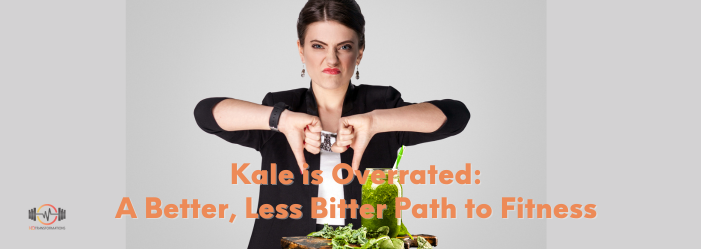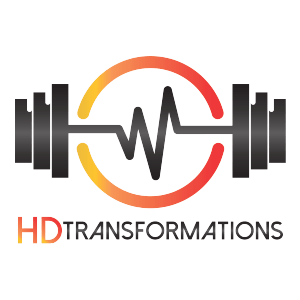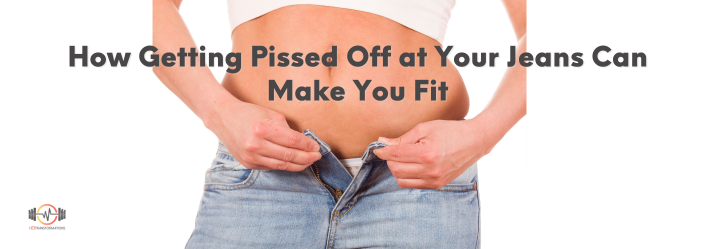Blog Post
This is a subtitle for your new post

Intermittent fasting (IF) and extended fasting is the newest wave in nutrition trends. It's becoming more popular because it's effective if done correctly, but it requires a great deal of knowledge and planning. There are some negative side effects that you'll need to be aware of before starting. Like all diets, it's not for everyone. Here are the basics about IF.
What it is:
There are several approaches to the fasting. They include, shorter fasts (12 hrs), moderate fasts (16-20 hrs), and extended fasting (24-36 hrs). It's used as a way to reset your gut, burn fat, regenerate cells, increase production of human growth hormone (HGH), and increase mental focus. While fasting you consume only water, tea, black coffee, stevia, lemon, apple cider vinegar, cinnamon and salt. Anything else will kick you out of the fasting state. Many try to modify to include things like BCAAs, supplements and artificial sweeteners. All of these trigger your metabolism and its related hormones to fire in preparation for incoming food. This will negate the effects of the fast.
What it does:
While your body is in a fasted state, it is under stress. This causes a spike in adrenaline and cortisol. The body begins to use fat as fuel after approximately 12 hours. The empty digestive tract begins to regenerate damaged cells, create and use stem cells, reset the microbiome and repair gaps that may be leading to leaky gut. The body also begins to create ketones, allowing it to use fat for energy. Insulin levels are stabilized in the moderate to extended ranges of fasting.
Things to be aware of:
While there are a lot of positive results of fasting, it can create chaos within the body's chemistry and hormone levels. Women especially, need to be very careful. Women's bodies are more sensitive to starvation due to their ability to reproduce. Women's bodies naturally process fat better than men's and store it differently as well. While fasting the cortisol spike leads to an estrogen spike, which can lead to fat retention and water retention. This may subside after the first few days, or may not. Estrogen is a very sensitive hormone and needs to stay stable. If it is too high or too low, it can lead to negative side effects such as weight gain, mood swings, bloating, and heavy menstrual cycles. Estrogen can be positive too by helping with recovery and reproduction but too much definitely backfires.
As you come out of the fasted state, it's critical to eat the right nutrients. Leptin is a chemical that tells brain there is fuel available so it should amp up our metabolism. Coming out of a fast, it's important to keep leptin levels low and gradually allow it to increase. I mentioned earlier that cortisol is increased while fasting. High cortisol combined with the intake of food leads to fat storage. Essentially, your body is freaking out and tries to grab on to whatever nutrients you offer and holds on to them for dear life. Coming out of a fast, you need to reduce your cortisol levels gradually. Drinking salty broth is a great way to do it. As you begin to eat, insulin levels will rise. Insulin opens the cell door to food so you need to be sure to consume the right foods so as to not fill up your cells with the wrong stuff and undo your progress. Cinnamon mimics insulin and reduces negative food storage so adding it to your first meal out of a fast is beneficial. You should consume straight protein, no veggies, fats or carbs, no added fats, no gluten, and no dairy immediately off of a fast. If you break it incorrectly, the spike in insulin, sudden drop in cortisol and other chemical changes can negatively affect the thyroid and the body as a whole.
Other notes about nutrients:
- Women need to be sure to get the appropriate amount of vitamin D and zinc. These and other mineral deficiencies cause a slowdown in the thyroid.
- Consuming carbs causes a spike leptin, so it's best to move into a keto diet immediately before beginning a fast.
Potential side effects:
Here are some of the side effects you might experience while fasting.
- Feeling cold - this is due to blood flow changes as the blood moves from other areas to fat to convert it to a more usable form.
- Headaches - you'll likely feel a constant headache caused by your body adjusting to lower sugar levels in the cells.
- Bloating - due to gut biome changes. While experimenting with fasting, your gut can become more sensitive to different foods, especially those known to cause inflammation such as grains and dairy.
- Sleeplessness - this can be due to increased adrenaline levels while the body is under the stress induced by fasting.
- Dehydration and illness - due to not consuming enough electrolytes and vitamins.
- Hypothyroidism - your thyroid is directly effected by hormonal changes triggered in the fast.
- Hormonal imbalances - see explanation about estrogen above. Progesterone and testosterone levels are directly affected by estrogen levels.
One thing is certain, regardless of which plan you choose, DO NOT FAST DAILY. It leads to metabolism slow down, fat storage, muscle loss and potential eating disorders. Shorter and moderate fasts can be done every other day, at most. Extended fasts should only be done once every 2-4 weeks. Women should be especially mindful of hormonal changes and negative effects from fasting. It's recommended that women go no longer than 16 hours to reduce the likelihood of negative effects on estrogen levels and thyroid levels.
The bottom line:
IF and extended fasting can really help to heal leaky gut, repair cells and reduce fat. Unfortunately, it requires a huge amount of research and knowledge of micronutrients and body chemistry. Women's bodies are more sensitive to starvation due to our ability to reproduce. Because of this, IF can really screw up hormone levels. Women and men who have an unhealthy relationship with food, history of eating disorders or body image issues, should not participate as it may trigger those conditions or worsen them. Gaining muscle is possible while participating in IF, but it's much more challenging. The body naturally burns muscle as a source of energy when it's deprived of its normal sources or under stress. IF is effective in loosing fat and weight mostly because you are in a calorie deficit. It's recommended that while on IF, you look at your calories on a 7 day basis, as opposed to a daily basis and ensure that you have a net calorie deficit. If you choose to participate in IF, you need to focus on the correct nutrients while you are eating, monitor estrogen levels, track micronutrients, especially minerals, as well as track how your body reacts as you come out of each fast.
Be smart about it, do your research, keep detailed journals of times, quantities and types of food you consume, as well as journals of how you feel. Ease into it by starting with a 12 hour window. Don't do it too frequently or for too long. Fasting is best used as a way to jumpstart your system, shock your system or detox.
Be sure to check with your doctor before starting this or any nutrition plan.

By Heather Dumas
•
11 Apr, 2024
Discover a fresh approach to wellness that goes beyond gym routines and diets. Learn how a personalized healthy lifestyle strategy, tailored to your unique life, can lead to sustainable, joyful, and effective fitness results. Embrace flexibility, happiness, and a holistic view of health in this transformative journey.

By Heather Dumas
•
04 Apr, 2024
Dive into the heart of health and fitness with a straight-talking guide to ditching quick fixes for a personalized, sustainable journey. Discover the power of consistency, investment in quality guidance, and the transformation that comes from a plan tailored just for you.

By Heather Dumas
•
21 Mar, 2024
Explore the transformative journey of intermittent fasting for 80s and 90s babies. Dive into how time-restricted eating, balanced meal timing, and mindful practices can revamp your metabolism, enhance sleep quality, and lead to a healthier, more attuned lifestyle after 35.

By Heather Dumas
•
14 Mar, 2024
Discover the pivotal moment when seeking help transforms from a last resort to a strategic move towards personal growth and achievement. Dive into a candid discussion on recognizing your breaking point, the undeniable value of expert guidance, and the life-changing outcomes of embracing support. Join us on a journey from DIY attempts to triumphant transformations.










